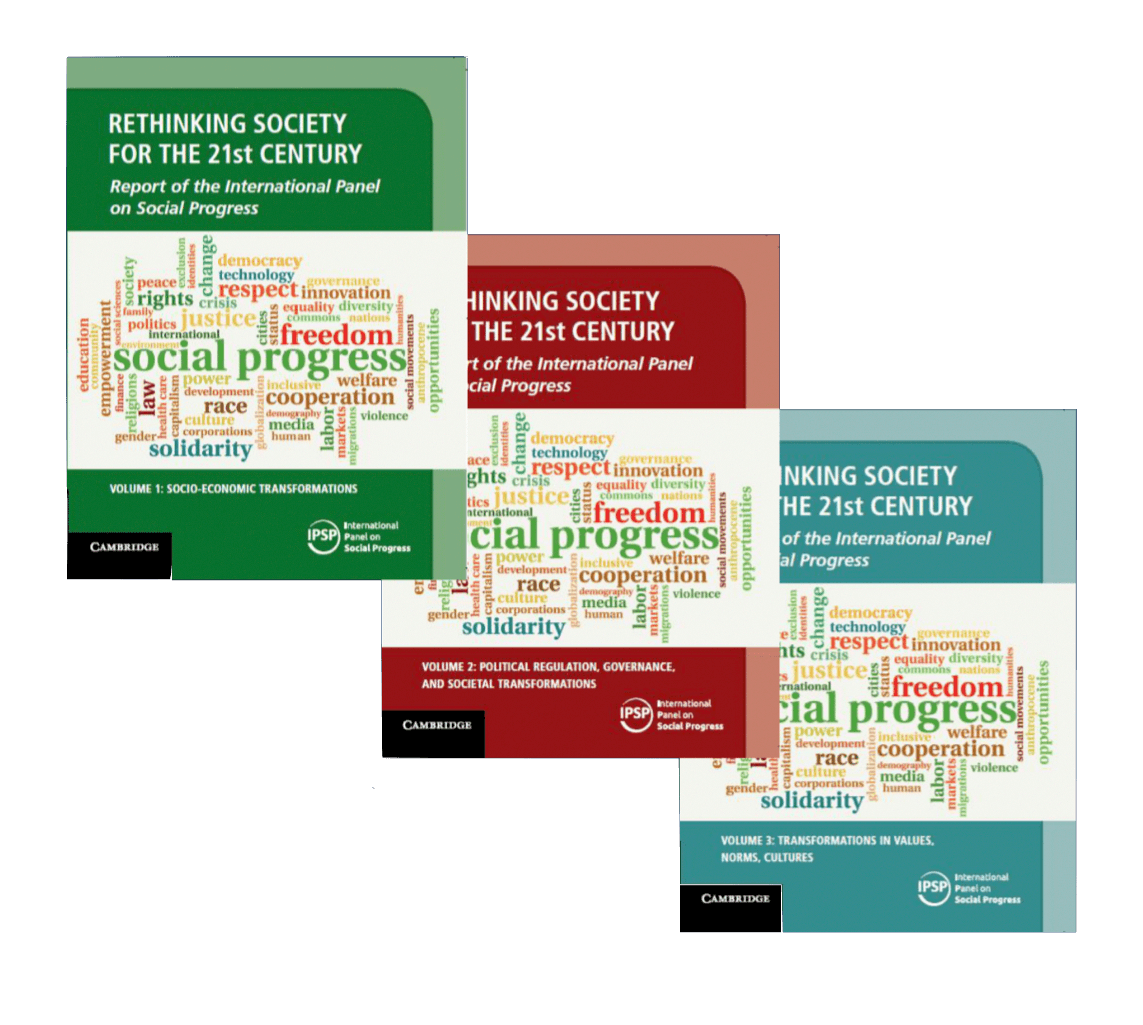Concluding Chapters
This chapter engages with three important themes of the larger report: the meaning of progress, its uneven nature, and obstacles to future progress. It also considers a number of political and economic alternatives aimed to overcome these obstacles, emphasizing the need for diverse strategies, open-minded experimentation, and scientific assessment. While it may be impossible to ever reach agreement, the effort to calibrate different interpretations of progress remains an important exercise for political deliberation about how to make the world a better place. The very hope of moving forward implies some agreement on a destination. All of us must take responsibility for the future. Our discussion emphasizes the complexity and multidimensionality of the interpretive debate, but also calls attention to its ideological character. Social actors—individuals, groups, and even academic disciplines–tend to define progress in ways that serve their own interests. In a way, distributional conflict undermines our very efforts to better understand and mediate such conflict.

